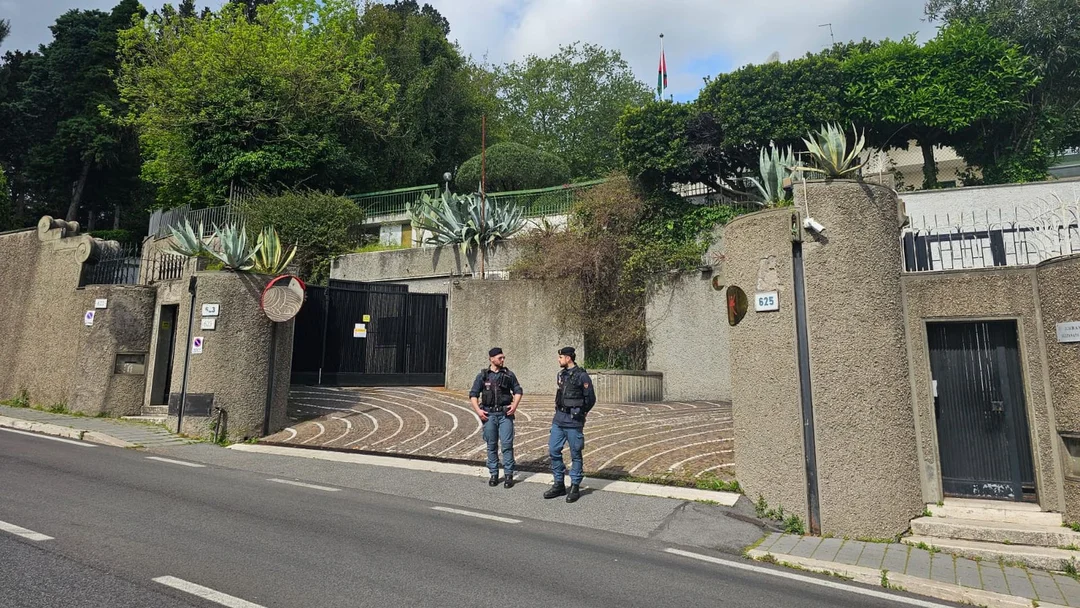
Can Diplomacy Prevail? U.S.-Iran Nuclear Talks Ignite Hopes and Tensions
As diplomatic channels open in Rome, significant discussions are unfolding between the United States and Iran regarding the contentious nuclear program. This critical dialogue represents not only a potential turning point in U.S.-Iran relations but also a litmus test of the effectiveness of diplomatic efforts in curbing nuclear proliferation.
On the scene, high-ranking officials from both nations met at the residence of the Omani ambassador in Rome, ushered in by a palpable sense of hope juxtaposed against the backdrop of military threats. U.S. Special Envoy Steve Witkoff and Iranian Foreign Minister Abbas Araghchi are spearheading these discussions aimed at re-establishing a framework for a nuclear agreement.

The stakes are high. President Trump’s administration remains divided on whether to pursue diplomatic avenues or take a harder line against Iran’s nuclear ambitions. Trump himself commented recently, stating, "I want Iran to be great and prosperous and terrific. But they can't have a nuclear weapon," illustrating the precarious balance between diplomacy and military readiness.
During preliminary talks in Muscat, described as productive, both sides explored the complexities involved in reaching an accord. The Iranian side emphasized the necessity of guarantees that the U.S. would not withdraw from any agreement, a significant concern following Trump’s exit from the 2015 nuclear deal.
Amid these negotiations, Iran has set forth red lines that it refuses to cross, including the dismantling of its uranium enrichment program. The Iranian regime has long maintained that its nuclear aspirations are peaceful; thus they resist any conditions that would limit their sovereign capabilities to develop nuclear technology.
Ali Shamkhani, a senior adviser to Iran's supreme leader, stressed that any prospective agreement must reflect a balance and seriousness in negotiating terms. He notably insisted on the lifting of sanctions, a contentious issue that has stymied past discussions and continues to be a significant barrier to progress.

With tensions simmering, both nations face scrutiny not just from each other but also from international observers, particularly Israel, which has signaled potential military action should peaceful resolutions falter. This emphasizes the urgency for a diplomatic solution capable of placating all involved parties.
The negotiations in Rome represent an intricate dance of trust, one that requires delicate navigation of historical grievances and present-day imperatives. As talks advance, the world watches closely—will diplomacy prevail, or will the specter of military action loom large once again?
The road ahead remains fraught with obstacles, but the possibility of dialogue offers a glimmer of hope in an otherwise tense geopolitical landscape. We encourage readers to share their thoughts: can diplomacy overcome mistrust in such a high-stakes environment?